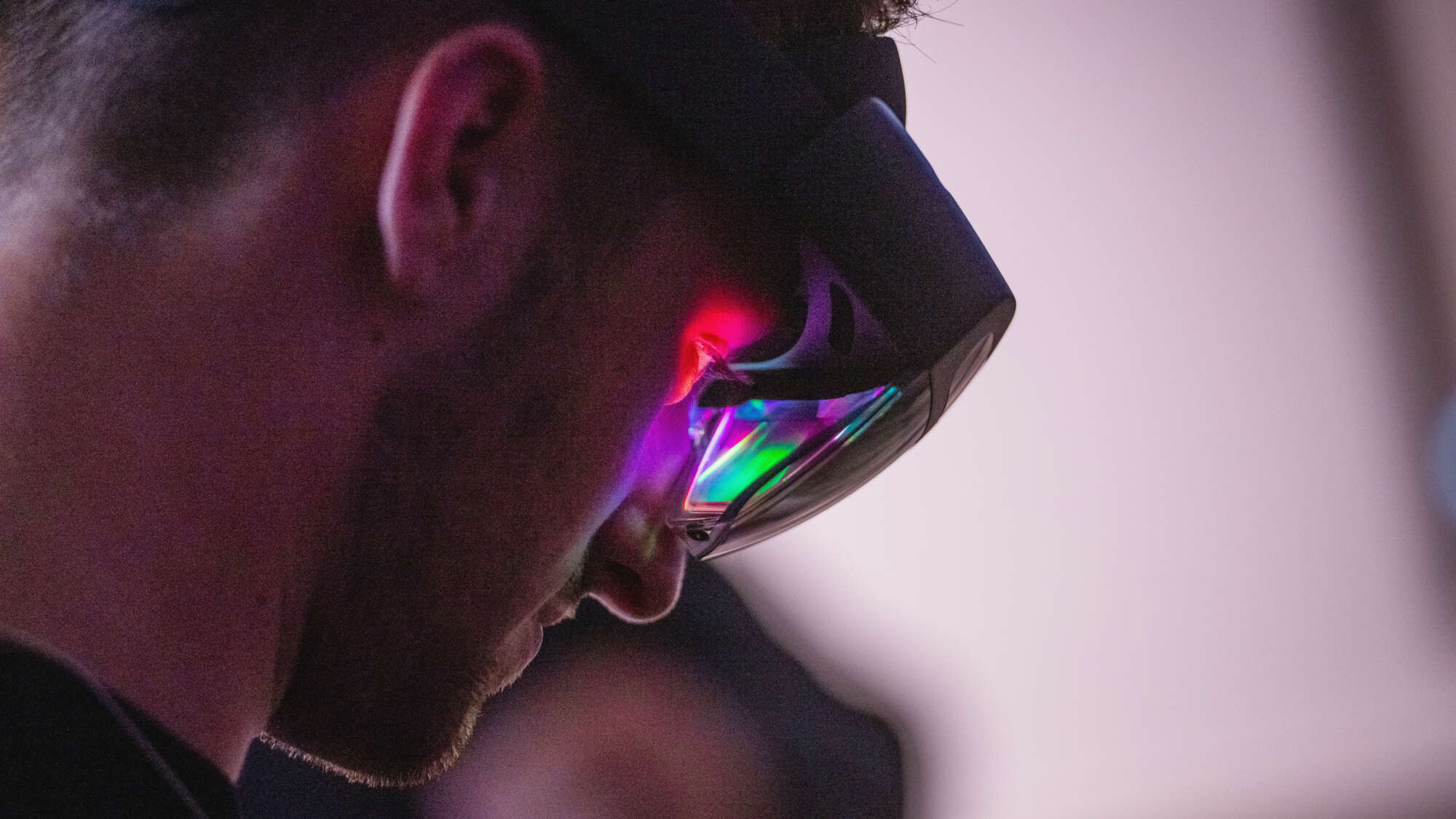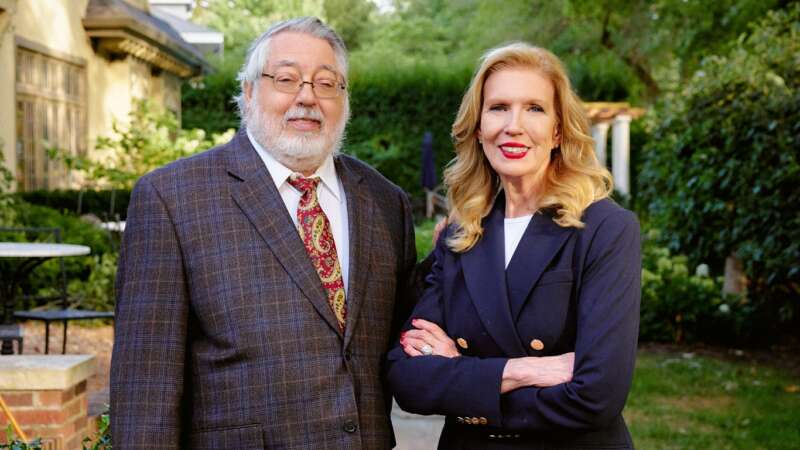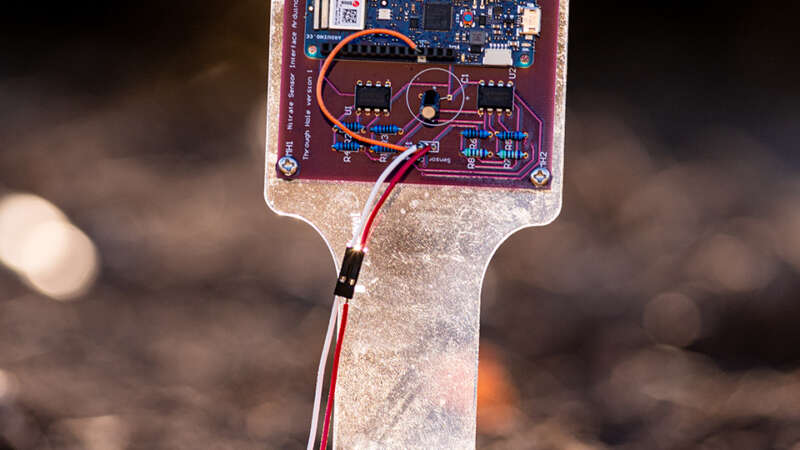Classroom renovations lead to more than an improved academic experience
It didn’t take long for the Flip This Classroom initiative to send a positive ripple throughout Kansas State University.
Shortly following one of the effort’s first projects, a technology lab at K-State Salina, the university found itself with a promising new partnership and more than $500,000 in grant funding for an exciting new environmental improvement effort.
Flip this Classroom is the KSU Foundation’s initiative to raise $7 million to renovate and modernize 67 high-traffic and outdated classrooms. With improved recruitment and retention rates for students and faculty as its overarching goal, organizers had a feeling the facility improvements would have additional, far-reaching benefits.
How it happened
In Salina, Flip This Classroom stepped in to deliver unique educational opportunities with immersive technology. The new extended reality (XR) lab lets students study and develop digital virtual reality applications and augmented reality simulations that blend users’ physical surroundings with virtual artifacts or media. (Read more about the XR lab and its capabilities.)
When K-State’s Pollution Prevention Institute learned about the new lab, it knew it had found the perfect partner. The PPI was working on a grant proposal for a project to help institutions reduce the release of contaminants into waste streams, and it needed the XR lab’s equipment and expertise.
“The proposed project will help industries and institutions identify ways to change materials, processes or technologies to reduce waste at the source,” said Michael Oetken, assistant professor and program coordinator for K-State Salina’s cyber human systems graduate program.
The partnership had all the components of a waste-reduction dream team, able to help industry adopt real changes. The U.S. Environmental Protection Agency agreed, selecting the PPI as one of 24 states and state-sponsored colleges to receive grant funding. The team was awarded $547,000 to provide technical assistance to businesses that reduce pollution and keep communities — primarily in disadvantaged areas — clean and healthy.
As a bonus, the grant will also help K-State make enhancements at the lab.
“I’ll be able to use a portion of that funding for new equipment, software and personnel costs in the design and development of a new immersive virtual reality application with graduate students in the cyber human systems program,” Oetken said.
The bottom line
The Flip This Classroom lab investment clearly paid off. Salina’s XR lab has improved teaching and learning in today’s tech-savvy world as it set out to do, but together with the PPI, it will now improve human health and the environment as well.
Help Flip This Classroom and build a stronger K-State — one classroom at a time.



